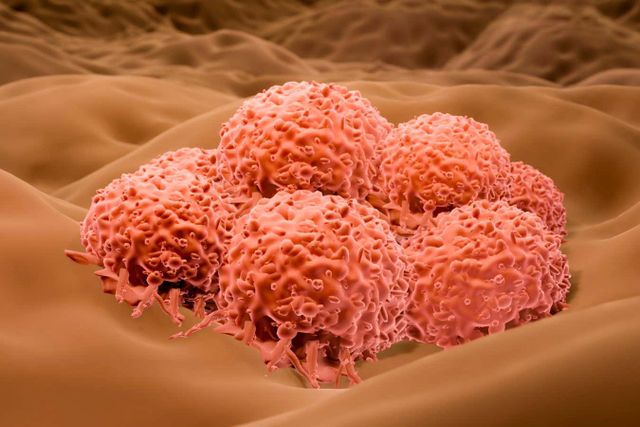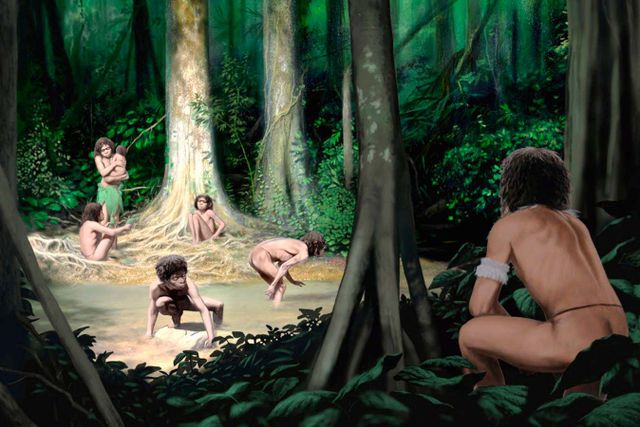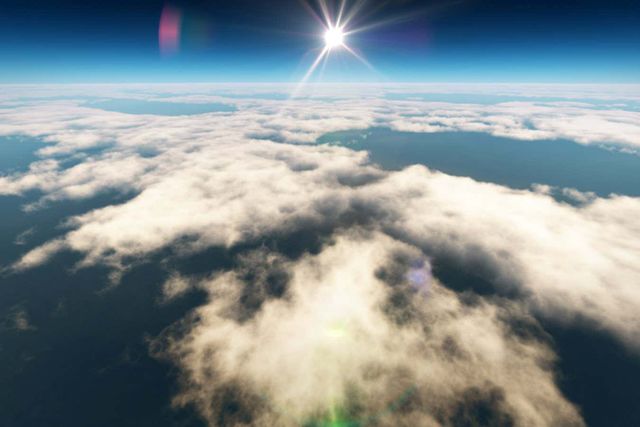MXenes gain improved conductivity and flexibility through precise plasma etching process
Haozhe "Harry" Wang, assistant professor of electrical and computer engineering (ECE) at Duke University and an expert in developing new methods for manufacturing materials, continues to push the boundaries in MXene research.
















































